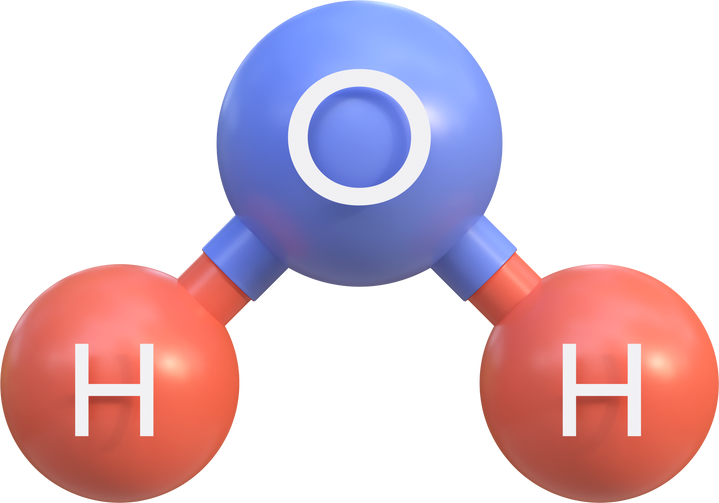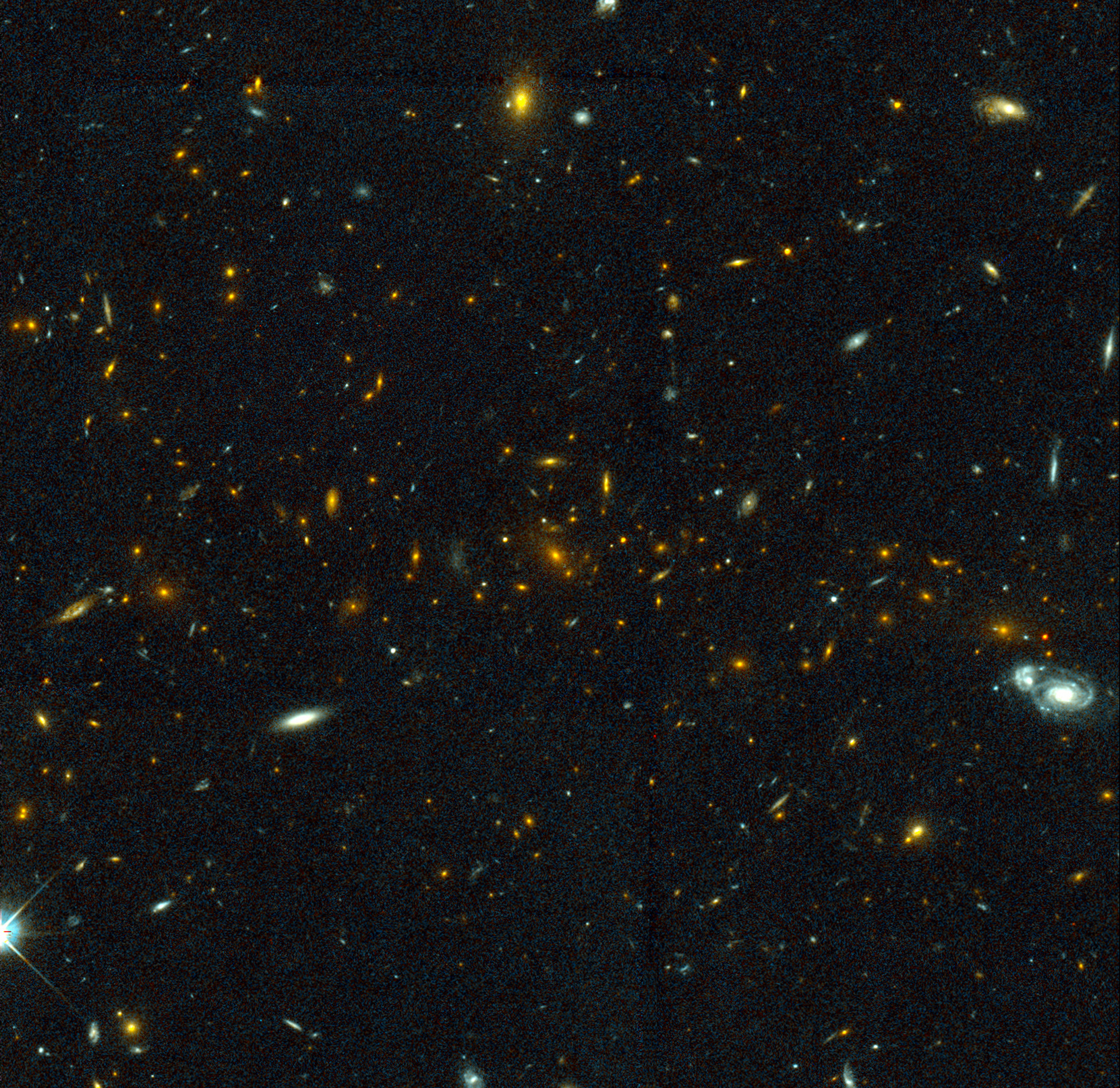
the cure for boredom is curiosity. There is no cure for curiosity.
Dorothy Parker
What are we Aiming for this year?
Let's dive into the wacky world of 7th-grade science, where we unravel earth science and organisms and environments, and the magical world of biology! Brace yourself for a rollercoaster ride through the four scientific strands:
- Matter and Energy – where we mix, stir, and shake elements and compounds, peek into chemical reactions, and take a dip into aqueous solutions.
- Force, Motion, and Energy – buckle up for calculating, graphing, and exploring the forces behind motion, plus a peek into Newton's First Law of Motion and the sizzling world of thermal energy.
- Earth and Space – get ready to blast off into space to explore our solar system's secrets, dig deep into Earth's life-supporting features, and uncover the mysteries of tectonic movements and our impact on the hydrosphere.
- Organisms and Environments – from the nitty-gritty of human organs to the wild world of reproduction and evolution, we'll journey through trophic levels and biodiversity's magical dance.
We learn best through:
- Unit Labs
- Digital Adventures
- Task Cards
- Scavenger Hunts (Circuits)

7th Grade Science Units of Study
Unit 1 - Elements & Compounds Elements & compounds, Periodic Table, chemical formula | Unit 2 - Changes in Matter & Solution Physical & chemical changes, properties of solutions, effects of dissolution | Unit 3 - Motion Speed & velocity, Motion & Distance-time graphs | Unit 4 - Force Motion & Distance-time graphs, Newton’s 1st Law |
Unit 5 - Thermal Energy Methods of thermal energy transfer, Temperature, Thermal energy transfers in systems | Unit 6 - Solar System Components of the solar system, Gravity , Earth & habitable zone | Unit 7 - Plate Tectonics Evidence for changes on Earth, Effects of plate tectonics | Unit 8 - Human Impact on the Hydrosphere Ground & surface water, Ocean systems |
Unit 9 - Matter & Energy in Ecosystems Energy flow in ecosystems, matter cycles in ecosystems | Unit 10 - Structures & Systems in Organisms Levels of organization in organisms, Transport and Defense, Structure Movement and Control | Unit 11 - Inherited Traits Plant and animal reproduction, natural and artificial selection | Unit 12 - Taxonomy Taxonomic system , Kingdoms of life |
Classroom Procedures
Grading Policy
I want all of my students to be successful. I want them to pass, but more importantly, I want them to be proud of their work. All quizzes may be retaken once if the student failed the first time. The student must schedule a retake with me, and it must be done within one week of the original quiz.
Six-week grades are determined by the following percentage:
Daily work/Homework 60%
Tests/Quizzes 30%
Six Weeks Exams 10%
Absent Policy
Students are to check their period's absent folder on my desk as soon as they return to my class from their absence.
- This folder will tell you what assignments you may have missed, if any papers were turned in, and any announcements you need.
- Your assignment will be in the folder for the day you missed and have your name on it OR posted in Google Classroom
Phone Policy
Phones are not permitted in class unless given special permission for a project. Please understand that they are a distraction when students are in a learning environment. Phones in use will be confiscated for the remainder of the class period.

MRs. McDermett's philosophy
Science requires:
- time
- measurement
- and wonder
Curiosity can take you where you think your ability can't. Having a quality education will leave students inquisitive for the remainder of their lives.
Contact Me
amcdermett@mycacs.org